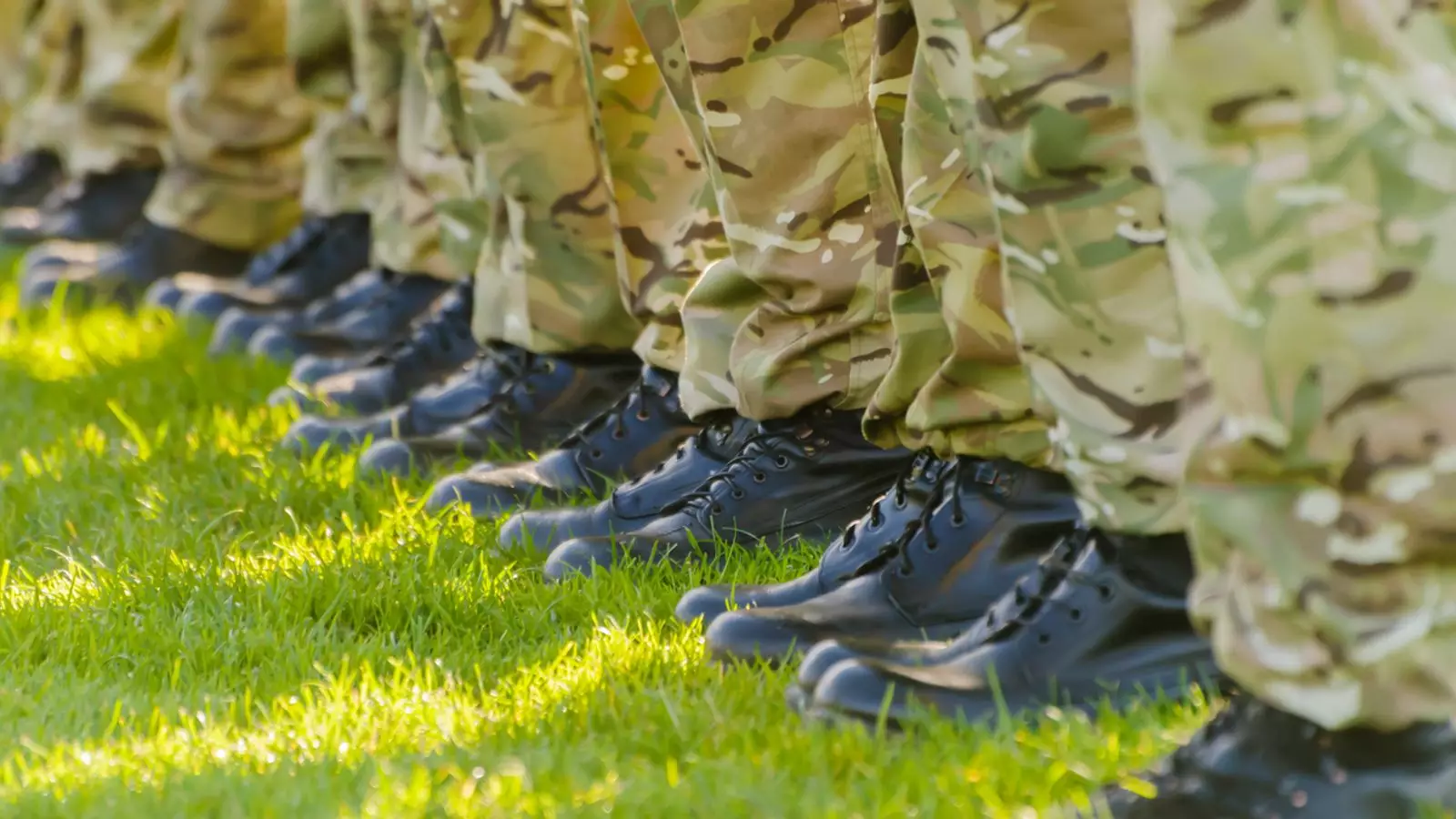The UK’s Armed Forces have been facing significant challenges in recruitment, particularly in terms of achieving diversity and inclusion. In an effort to address this issue, there have been discussions about relaxing security clearance vetting for overseas recruits. This move aims to boost ethnic minority representation within the military, as recruitment targets have consistently fallen short. The Army’s Race Action Plan outlines various actions to increase representation, highlighting security checks as the primary barrier for non-UK personnel seeking commission in the Army.
While the intention behind diversifying the Armed Forces is commendable, this approach has caused concern among some officials. Grant Shapps, the defence secretary, expressed his frustration with the proposed changes and voiced his commitment to maintaining stringent security clearance requirements. He emphasized that policies should focus on practically improving the lives of soldiers and military personnel rather than pursuing political agendas.
The issue of security clearance is of utmost importance when it comes to intelligence and officer corps positions, as they provide uncontrolled access to secret assets. Any relaxation in these requirements could potentially compromise national security. The defence secretary made it clear that there would be no compromises in this aspect of recruitment. While increasing diversity is important, it must not come at the expense of weakening security measures that are crucial to the military’s effectiveness.
A Woke Agenda?
Critics of the proposed changes have argued that they reflect a “woke agenda” infiltrating the civil service. They believe that such policies are distractions and that they may be rooted in extreme critical race theories. The concern is that these ideas could harm the wider discussion and divert attention from the core issues at hand. It is essential to address personnel issues within the armed services without compromising on national security or falling into the trap of pursuing divisive ideologies.
A group of twelve former senior military officers expressed their opposition to the relaxed vetting policy in an open letter to the defence secretary. They described the policy as “dangerous madness” and highlighted the potential risks of diluting security vetting to increase ethnic minority representation. They argued that, especially with the prevalence of Islamism and other forms of extremism, compromising security in this manner is a grave mistake.
A Balanced Approach
While there is an undeniable need to address diversity and inclusion within the UK’s Armed Forces, it is crucial to maintain a balanced approach. The objective should be to create a military that reflects the diversity of the nation it serves, without jeopardizing national security. The military must remain focused on its core mission of protecting the country and its citizens. Any changes made to recruitment policies should consider both these objectives in order to strike the right balance.
The Ministry of Defence (MoD) reiterated that the national security of the United Kingdom is its top priority. Ensuring the operational effectiveness of the armed forces is crucial, and measures must be taken to safeguard this effectiveness. While efforts to increase diversity and inclusivity are important, they must be undertaken with a clear understanding and appreciation of the security requirements that underpin the military’s role.
The importance of security clearance in the armed forces cannot be overstated. While there is a need to boost diversity and inclusion within the military, it should not come at the expense of compromising national security. Striking the right balance between these objectives is essential for the armed forces to effectively fulfill their mission while reflecting the society they serve. As discussions continue, it is imperative that policies are grounded in practicality and a genuine commitment to the well-being and security of the dedicated soldiers and military personnel.


Leave a Reply